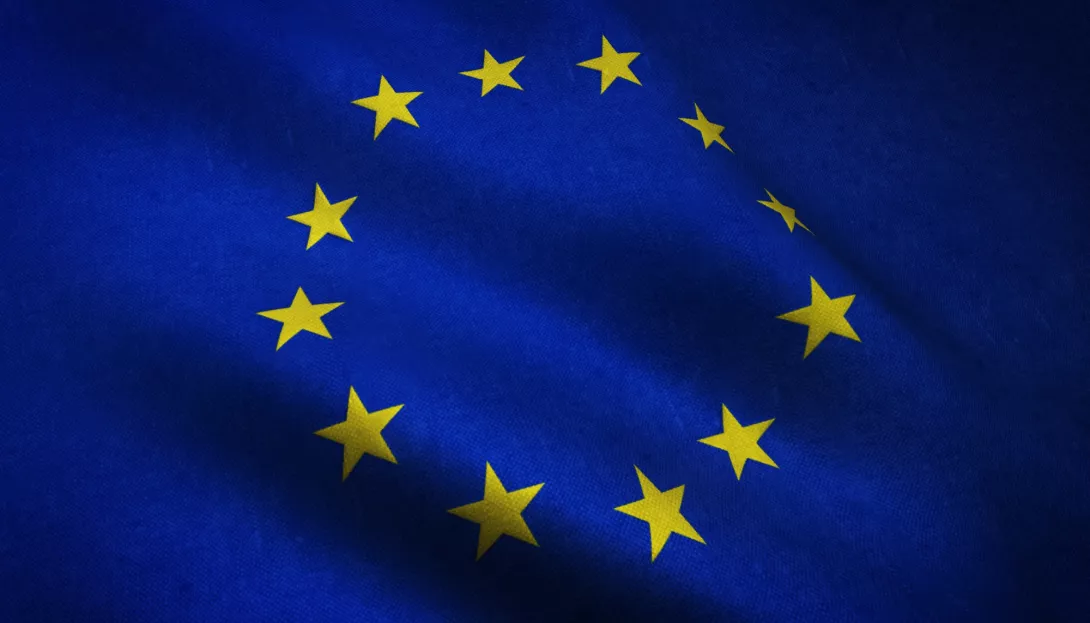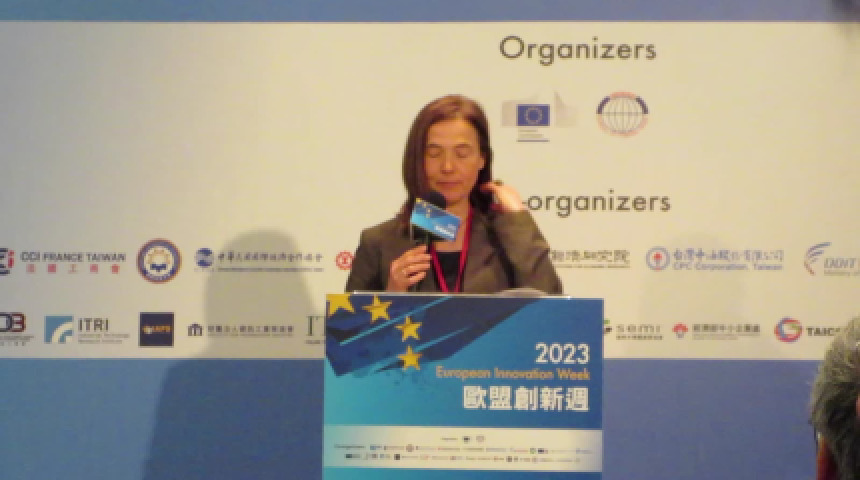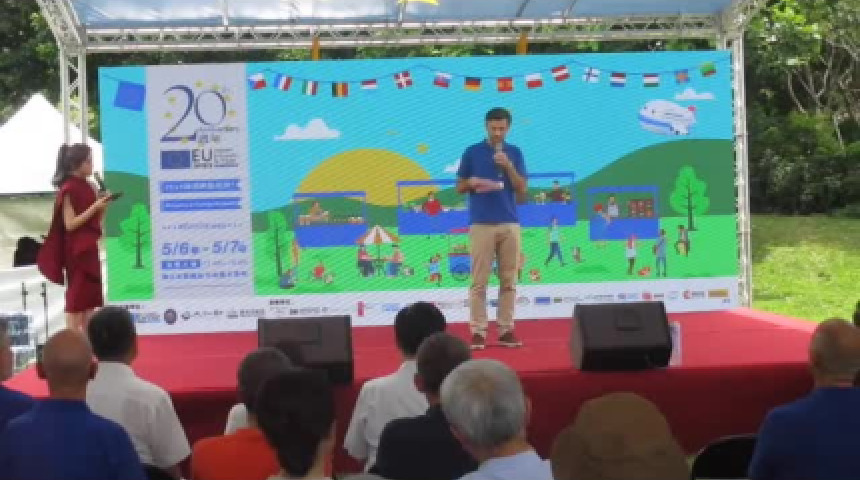歐盟推動自主軍事衛星計畫 降低對美情報依賴
EU Pushes for Independent Military Satellites to Reduce Reliance on US Intelligence

圖片來自Freepik wirestock
歐盟正積極推動建立自主的軍事情報衛星系統,以減少對美國的依賴,提升自身防衛能力。
歐盟首位國防暨太空執行委員安德里尤斯·庫比柳斯(Andrius Kubilius)表示,鑒於地緣政治局勢變化,歐盟委員會正考慮擴展自身衛星能力,提升地理空間情報的安全支持。
歐盟的新衛星系統目標是部分取代美國的衛星情報能力,應用範圍從威脅偵測到協同軍事行動等。
庫比柳斯強調,歐盟需要補足其他用於導航和陸地觀測計畫的網路系統,資訊的更新速率需高於目前每24小時才能生成影像的氣候變遷、自然災害低軌監控衛星「哥白尼」(Copernicus)。
由於新衛星計畫所費不貲且需要時間,庫比柳斯表示,他會詢問成員國是否有意以商業衛星作為臨時方案。
此外,歐盟也啟動了IRIS²衛星通訊計畫,旨在建立多軌道衛星網絡,提高歐洲的數位主權,並與美國的Starlink和亞馬遜的古柏計畫競爭。
IRIS²計畫預算約106億歐元,預計到2029年發射,並強調軍事、國防及安全通訊用途。
歐盟與多家歐洲衛星運營商合作,包括法國的Eutelsat、西班牙的Hispasat和盧森堡的SES等,組成了SpaceRISE財團,並簽訂為期12年的特許合約,攜手推動該計畫的實施。
該計畫預計在2030年全面啟用,屆時,約300顆衛星將共同運作,提供廣泛的衛星通訊服務。
IRIS²計畫的核心特點之一是其多軌道設計,這意味著它將依據需求在不同的軌道上部署衛星,實現全球覆蓋。
這不僅能提供更廣泛的服務範圍,還能提升系統的穩定性。
該計畫的啟動,標誌著歐盟在衛星通訊領域邁出了重要一步,旨在提升歐洲在全球數位經濟中的地位與戰略自主性。
隨著計畫的進展,IRIS²有望成為全球衛星通訊市場的一股重要力量,並為歐洲帶來更多的戰略自主權和技術創新。
歐盟此舉顯示出在全球地緣政治變化下,提升自身防衛能力和技術自主性的決心。
這些努力將有助於歐洲在未來的國際舞台上,增強自身的戰略地位和影響力。
The European Union is actively promoting the establishment of its own military intelligence satellite system to reduce dependence on the United States and enhance its defense capabilities.
Andrius Kubilius, the EU’s first Commissioner for Defense and Space, stated that in light of changes in the geopolitical situation, the European Commission is considering expanding its satellite capabilities to enhance secure support for geospatial intelligence.
The goal of the EU’s new satellite system is to partially replace U.S. satellite intelligence capabilities, with applications ranging from threat detection to coordinating military operations.
Kubilius emphasized that the EU needs to supplement other network systems used for navigation and land observation projects, with information update rates higher than the current 24-hour image generation cycle of the Copernicus satellites used for monitoring climate change and natural disasters.
Due to the high cost and time required for the new satellite program, Kubilius indicated that he would inquire whether member states are interested in using commercial satellites as an interim solution.
Additionally, the EU has launched the IRIS² satellite communication program, aiming to establish a multi-orbit satellite network to enhance Europe’s digital sovereignty and compete with the United States’ Starlink and Amazon’s Project Kuiper.
The IRIS² program has a budget of approximately €10.6 billion, with the first satellites expected to launch by mid-2029, emphasizing military, defense, and secure communication applications.
The EU is collaborating with several European satellite operators, including France’s Eutelsat, Spain’s Hispasat, and Luxembourg’s SES, forming the SpaceRISE consortium, and has signed a 12-year concession contract to jointly implement the program.




回應文章建議規則: